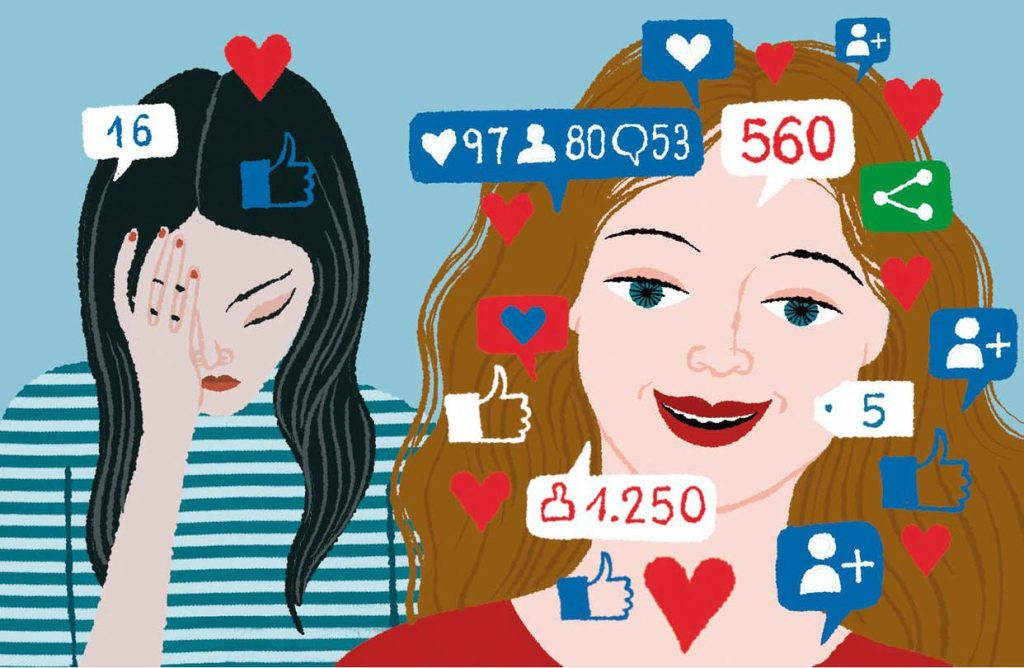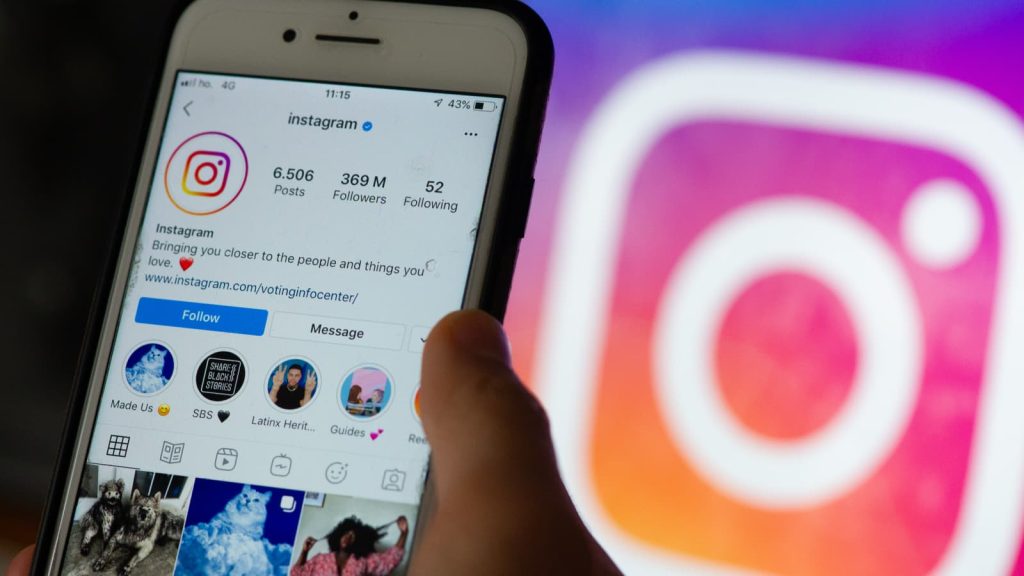
People usually carefully plan and shape their identity on social media. Mostly, people need this process to present the image and traits they want to present to people.
People care about their online social networks and identities. For example: Facebook, Instagram, Twitter and other platforms. People care about shaping their personal self-presentation and identity on these platforms.
ŌĆØBecause the way people present themselves online can be very different from the way they present themselves offline, it is recognised that communicating with others in different environments requires presenting different aspects of one’s identity depending on the situation. People intentionally choose what they ‘want to remember and share’ and what they ‘want to ignore’. Individuals hide what may be perceived as negative aspects and only share the positive aspects of the situation.ŌĆ£ ’╝łGoffman’╝ī1959’╝øLazebna’╝ī2015’╝ē

People usually create their persona in several ways:
- Content posted: People will carefully select the photos or videos they want to post that are needed to fit the image they are creating. And, will use editing tools or filters to enhance and beautify their content.
- Storytelling: People will share their personal stories to convey specific emotions. Through these, they shape the authenticity of their online persona and resonate with their audience.
- Increase Social Interactivity: Interacting with followers, or with other users who follow each other, also helps to solidify the online persona.
- Uniqueness: People consciously create their own uniqueness on the web to attract more people.
The fact that people are moulding their online personas can profoundly affect their sense of self. This influence can manifest itself in a number of ways.
- Emotional Identity ’╝ÜPeople often interact with communities that have commonality with topics they have created and will strengthen their sense of identity. This helps to create emotional empathy.
- Stronger Self-Esteem’╝ÜWhen people are portraying an online persona, people may compare themselves to others. When in the same domain: if other people’s postings or images may compare or self-evaluate themselves. This may have an impact on one’s self-esteem. Many times people develop look, body or money anxiety.
- Authenticity Issues’╝ÜAfter too much of a tendency to create a persona, this can lead to authenticity issues. A chronic tendency to create a persona can create a gap with reality, leading to stress and anxiety.
- Diversity of identities ’╝ÜCreating different online personas on different platforms can lead to a sense of diversity in the way one presents oneself in different contexts.
In my opinion identity construction in the digital world has both benefits and drawbacks.
The digital world offers the opportunity to showcase for people, to present themselves and their views. This can give people the freedom to shape their own identity and share interests. And with the connectivity of social platforms, people can use the content they share to meet similar people or connect with others across geographical and cultural boundaries, and even showcase themselves.
However, there are equally negative problems. Identity construction in the digital world may expose personal privacy information, exposing users to privacy disclosure and data security risks. Importantly, people may be under social pressure to maintain an image of their identity, leading to self-monitoring and feelings of anxiety. In addition, digital platforms are flooded with information and content, sometimes even false information, making it difficult for individuals to distinguish between true and false, which can mislead and affect their identity construction.
Overall, identity building in the digital world is a complex process that presents many opportunities and challenges.
Reference
Morton, I. (2018) How false performance of identity on Instagram influence social comparisons, Debating Communities and Networks IX. Available at: https://networkconference.netstudies.org/2018Bentley/2018/05/07/how-false-performance-of-identity-on-instagram-influence-social-comparisons/
sal19 (2021) Instagram surpasses 2 billion monthly users while powering through a year of turmoil, CNBC. Available at: https://www.cnbc.com/2021/12/14/instagram-surpasses-2-billion-monthly-users.html


I really enjoyed reading this! Your post explains the process of shaping a person’s identity and you also explained the taking care of selecting content and the power of storytelling. You also highlighted how it could affect emotions; and impact self-esteem with referring back to Goffman’s theory supported your analysis. Overall, Well done!
You wrote this in-depth article on how people construct identities on social media in the age of digital media. It is written in great detail, writing about the four separate ways in which people shape their roles and discussing the impact of online identity construction on individuals. The two-sided nature of identity construction is also emphasized, with both positive and negative effects. Do you think that this online identity construction can have a particular impact on teenagers?
I must say, you’ve done a fantastic job of highlighting the delicate balance between the creative freedom offered by online platforms and the challenges that come with self-presentation in these spaces. Your reference to theorists like Goffman and Lazebna really adds depth, emphasizing the performative nature of digital identity.
I found your discussion on the methods of constructing online personas particularly enlightening. It’s intriguing to see how content creation, storytelling, social interactivity, and striving for uniqueness play pivotal roles in shaping our digital selves. It’s a reminder of the careful, often strategic approach many of us take in presenting ourselves online.
Your insights into the psychological impacts, such as the formation of emotional identity and effects on self-esteem, are crucial. They highlight the significant influence of digital platforms on our personal lives. However, I think delving deeper into the authenticity issues and the stress of maintaining an online persona could add even more depth to your analysis. The tension between our real selves and the selves we curate online is a critical aspect of this discussion, often leading to psychological challenges